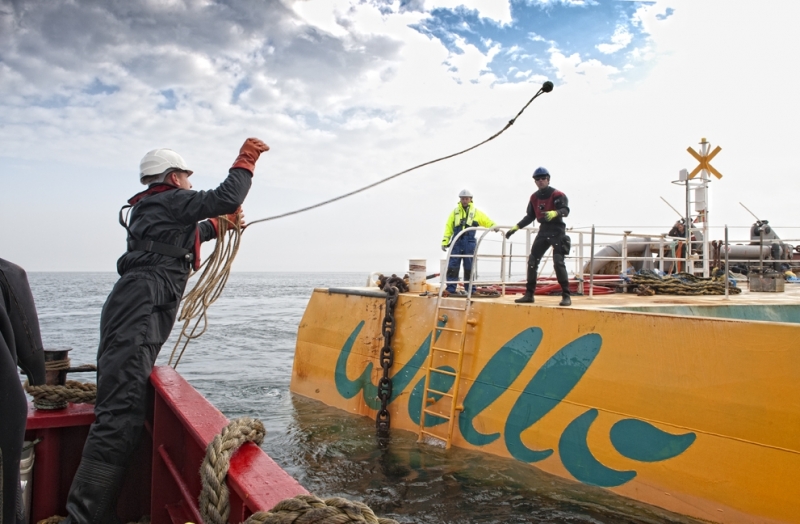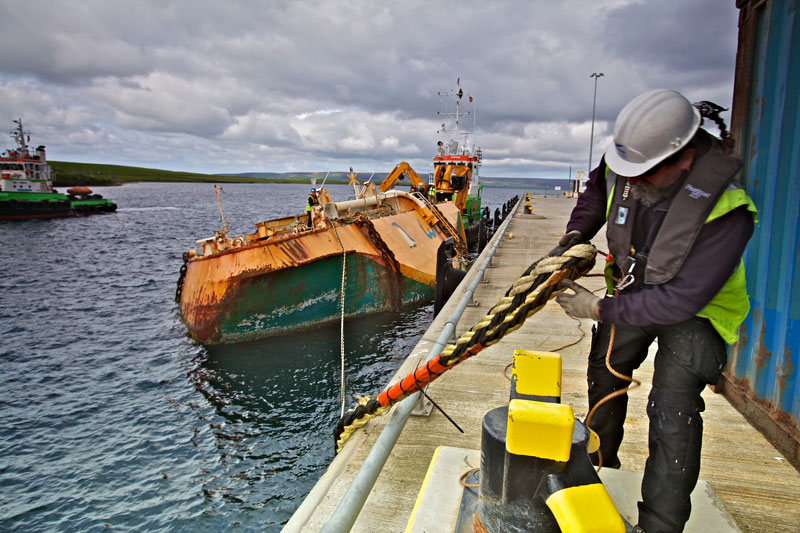Wello to supply 10 MW wave energy park to Bali

28.12.2017
Gapura Energi Utama (GEU), an Indonesian infrastructure construction company has ordered a 10 MW Wello Penguin wave energy park. The park will be located next to Nusa Penida Island in Bali and it will be the largest wave energy park globally. The delivery will take place after the permitting process is finalized, which is estimated to occur in the end of 2018.
The patented Wello Penguin wave energy converter has been developed and tested for almost 10 years. The device has experienced the harshest ocean conditions and waves raising up to 18 meters. The Wello Penguin floats on water and captures kinetic energy from the waves, which is then turned into electrical power with zero emissions. The device does not have any moving parts in contact with sea water and the service needs are minimal. Remote connection allows for continuous monitoring and adjustment of the solution. The Wello Penguin produces no visual or noise pollution and it can be utilized on almost any ocean coast.

“I am extremely proud that our long-term development work is now rewarded with this order. This is just the beginning, as there is global sales potential for the Wello Penguin wave energy device”, says Heikki Paakkinen, the CEO and founder of Wello.
“The cost of energy generated with Wello Penguin is already very competitive compared to offshore wind energy, and in serial production we aim for a further 50% cost reduction”, Paakkinen continues.
The potential market for the Wello Penguin in Indonesia alone is worth over a billion euros. However, the solution is viable globally on almost any ocean coast. Wello has also entered into a representation agreement for the Indonesian market with GEU.
Komang Agus Pribadiana, President Manager, GEU comments: “Indonesia’s ocena wave energy potential is more than 17 GW, but not yet explored at all. Teaming up with Wello is truly a brilliant idea and a strategic maneuver to capture the huge ocean waves utility market. This alliance could ignite the fabrication of a 100% local content hull and other supporting equipment could be produced locally as well.”
Full press release here.
